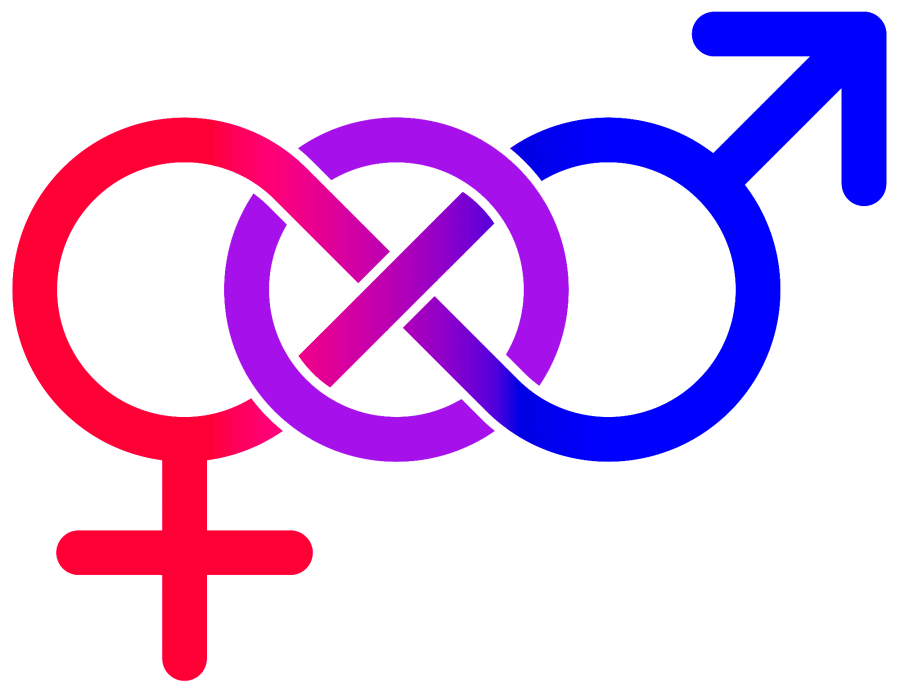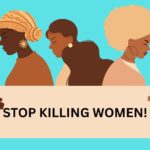
Gender equality: Why it matters
The sustained disparities between women and men in access to and control of resources, and the overt gender discrimination against women by men throughout history, are a clog in the wheel of national and international agenda. With less than a decade to fulfill the 2030 Agenda for Sustainable Development, gender equality is fundamental to delivering on the promises of sustainability, peace, and human progress.
The achievement of all other sustainable development goals such as good governance and poverty reduction is hinged on the achievement of SDG 5 “gender equality”. Thus, the gender variable remains at the core of the various development challenges which currently face Africa, including poverty, corruption, bad governance, conflicts, depletion of natural resources, globalization, and impacts of socio-economic reforms amongst others.
Gender equality is not only a fundamental human right, but a necessary foundation for a peaceful, prosperous and sustainable world. Progress has been seen over the last decades; with more girls going to school, fewer girls being forced into early marriages, laws being reformed to advance gender equality as well as more women serving in parliamentary positions, cabinet and other leadership positions.
Despite these gains, many challenges remain: women continue to be underrepresented at levels of political leadership, educational inequality where boys are still preferred over girls to access education in some communities, girls are more likely to drop out of school than boys, discriminatory laws and social norms remain pervasive, some women and girls have no autonomy in decision making over the full exercise of their sexual & reproductive health rights, and more so, one in five girls between 15-49 years report experiencing physical or sexual violence by an intimate partner within a year.
Role of gender equality
Gender inequality plays a significant role in accounting for Africa’s poor growth and poverty reduction performance. Restricting women’s access to human capital enhancing services, such as education and healthcare, limits the extent to which growth can impact their poverty status.
The gender gap in African countries is more complex due to the cultural and traditional context which is anchored in beliefs, norms and practices that breed discrimination. Gender stereotypes affect the ambitions, behavior and attitudes of both men and women, preventing them from attaining their full potential.
Women and girls, everywhere, must have equal rights and opportunity, and be able to live free of violence and discrimination. Girls and women suffer most of the negative impact of rigid gender norms and roles they are most likely to experience restrictions of their freedom and mobility and they experience epidemic levels of violence and harassment across the globe.
Sexual and reproductive rights are critical in their own right. Yet vast numbers of women lack decision making power over their own bodies especially about sexual relations, contraceptive use and access to health care. According to the World Health Organization, women’s and girls’ autonomy in decision making over consensual sexual relations, contraceptive use and access to sexual and reproductive health services is key to their empowerment and the full exercise of their reproductive rights.
Women’s empowerment is a means to promoting sustainable human development. Therefore, engendering national development and its processes is to ensure that both men and women are free to develop their full potential and are able to make choices without restrictive gender roles.
It thus follows thereby, that women’s and men’s needs and interests are to be equally valued and protected if any nation is to achieve sustainable development. More importantly, countries with wide gender gaps are found to exhibit poor indicators of growth and wellbeing including; poor nutrition, high maternal mortality rate, high infant mortality rate, high poverty rate, low life expectancy and low level of education.
A key strategy in promoting gender equality has been the adoption of ‘gender mainstreaming’ tools which ensures that women’s and men’s concerns and priorities are incorporated into development policies, strategies, and interventions at all levels, and at all stages including policy formulation and program or project planning, implementation, monitoring and evaluation among others.
Denying people the freedom to make their own decisions because of their gender prevents them from fulfilling their full potential. There is a lot we can do to help build a gender-equal world. Understanding the deep roots of gender inequality and challenging discrimination when we see it are the first steps.
By meeting the targets of the SDG 5, we will be on the path of attaining gender equality. These targets include;
- Ending all forms of discrimination against all women and girls everywhere.
- Eliminate all forms of violence against all women and girls in the public and private spheres, including trafficking and sexual and other types of exploitation.
- Eliminate all harmful practices, such as child, early and forced marriage and female genital mutilation.
- Recognize and value unpaid care and domestic work through the provision of public services, infrastructure and social protection policies and the promotion of shared responsibility within the household and the family as nationally appropriate.
- Ensure women’s full and effective participation and equal opportunities for leadership at all levels of decision-making in political, economic and public life.
- Ensure universal access to sexual and reproductive health and reproductive rights as agreed in accordance with the Program of Action of the International Conference on Population and Development and the Beijing Platform for Action and the outcome documents of their review conferences.
Enjoying a sustainable and equal future is beyond imagination without gender equality now. Achieving greater equality between women and men would require changes at many levels, including changes in attitudes, changes in institutions and legal frameworks, changes in economic institutions, and changes in political decision-making structures such as the implementation of the two third gender rule.
For us to achieve gender equality all over the world, each individual has a role to play. Through the implementation of gender policies by the government and the change of discriminative gender norms by women and men, the achievement of gender equality is possible. Only by ensuring the rights of women and girls as well as men are met across all the sustainable development goals, will we attain a gender equal future for all.



